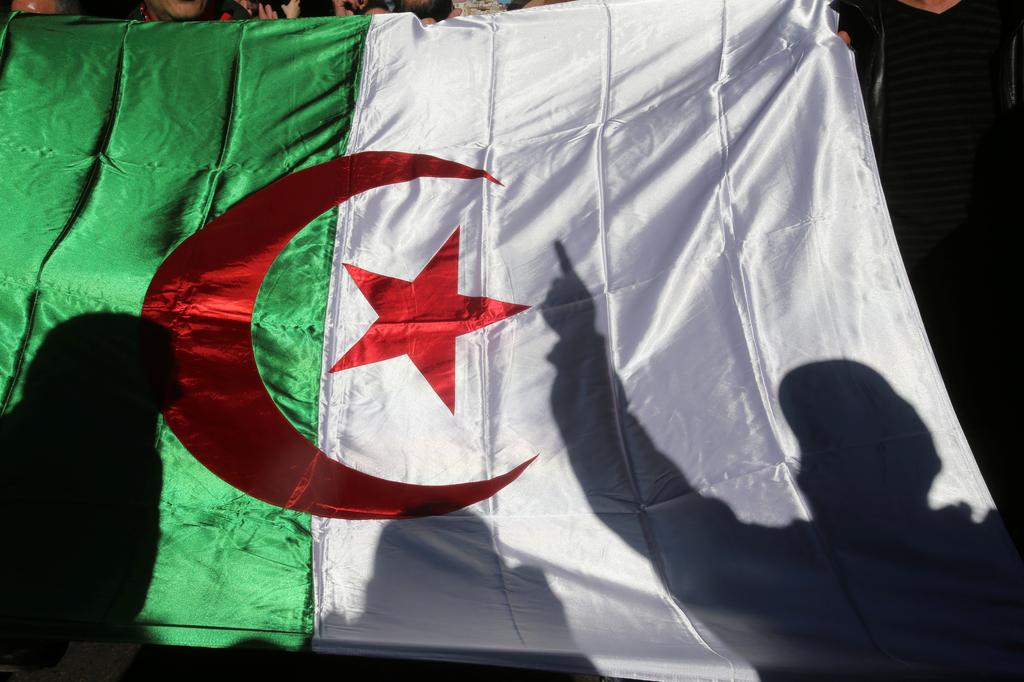On the afternoon of Friday 14 September, an atmosphere of urban warfare reigned at the US Embassy in Tunis, located at Les Berges du Lac, as protesters sought to condemn the film “Innocence of Muslims,” which insulted and denigrated the Prophet Mohamed.
As was the case when cartoons mocking the Prophet were published in a Danish newspaper in 2005, sparking violent protests across the Muslim world, an Islamophobic discourse has taken advantage of the sometimes vicious nature of the latest round of protests. Hysterical rage, violent and passionate reactions from some Muslims reinforce stereotypical ideas about Islam, seen by some as a religion of fanaticism and violence. Followers of the “clash of civilizations” theory would find validation in these poisonous circumstances.
The September protests marked the first time since the fall of the dictatorship on 14 January 2011 that Tunis was shrouded once again in thick smoke, this time rising above the US embassy following an assault on the building. This would not have happened without the obvious security flaw that allowed hordes of people to walk more than 6 miles from the Al-Fath Mosque in downtown Tunis to the fortified embassy compound. The demonstrators were reportedly armed with knives, swords, metal poles and Molotov cocktails as they started marching towards the embassy. Later, cars carrying more protesters with Al-Qaeda banners and trucks transporting ladders were seen on their way to the lake. This “logistical” support seemingly aimed to lend a strong hand to those who were clashing with police by providing them with the adequate equipment to storm the embassy walls.
Obviously, these facts can only refute the allegations of Saif Allah Bin Hussein, alias Abu Iyadh, the Salafi leader of Ansa’ar al-Sharia (Supporters of Islamic law) who characterized his followers’ actions that day as nonviolent. Abu Iyadh’s denials were championed by some members of his group, who claimed that the bearded men shown in circulated videos of the protests were the former regime’s informants. Videos on the internet have shown Salafi activists joined by bands of neighborhood thugs inside the diplomatic facilities destroying vehicles, setting fires to cars, devastating the compound section, raising Al-Qaeda flags as well as other Islamic banners over the building and forcing their way into the neighboring Tunis American Cooperative School, which they then looted and vandalized. The school sustained far worst damage than did the 70 cars decimated by fire inside the embassy. The school’s library with its precious 10,000 books was completely ruined, not to mention the 300 computers with their accessories stolen and classrooms stripped of everything valuable.
The wave of uprisings that brought down the entrenched former autocrat had avoided such pitiful scenes. Then, protesters focused their efforts on denouncing the oppressive regime and its security forces. With these actions, one could say that this minor fringe of mobs, whether intentionally or not, confirmed negative preconceived ideas of Arab and Muslim societies in Western minds. It is not surprising that the majority of Tunisians, who themselves have been deeply shocked by the acts of looting when Bagdad fell in April 2003, have unequivocally condemned these calamitous acts in their homeland, which can only smear their reputation as open and tolerant people.
The failure of the security forces to protect the US diplomatic mission and the American school came as no surprise, however. Interior Minister Ali Larayedh, an executive bureau member of the ruling Ennahda Party, admitted on a TV debate aired on the evening of 14 September that what happened around the US embassy was a “new blow” to his ministry. He also admitted the inadequacy of the security measures taken by the police when he pointed out that the police were “waiting for protesters at the front [of the embassy]” but “they snuck up from behind.”
Four people were killed and 50 wounded as a result of the use of live ammunition against the protesters. This incident reminds Tunisians of the nightmare of the authoritarian era when the security apparatus routinely operated with impunity and brutality. It also shows the security forces’ lack of training and over-readiness to use force in crowd and riot control. Despite the assertions of the interior minister regarding the measures taken to reform the security sector, his failure to halt the escalation of violence within Tunisian society efficiently and within the rule of law discredits him.
Undoubtedly, the US embassy incident will generate further political and cultural polarization among Tunisia’s elites, mainly between Islamists and leftist secularists. At the heart of this adversarial discourse is the constitutional battle of new Tunisia. In a draft of the new constitution released by an Ennahda-led committee within the National Constituent Assembly, there was a bill to “criminalize any offense against the sacred values.” Many Tunisians see it as the backdoor for clamping down on freedom of expression and a pathway for wide, and potentially abusive, interpretations of these “sacred values.” This would be a perilous road for the country to travel if Tunisians fail to reach a consensus among political parties with regards to constitutional guarantees of religion’s sacred values.
The more challenging issue for those who are in charge of drafting the constitution will be the status and rights to be granted to individuals seen as controversial or non-conformist. Tunisian society has to remain vigilant and resurrect the 14 January spirit of citizenship against the 14 September rioting mentality, because power is irresistible and the new rulers may be inclined to follow their despot predecessors.
Noureddine Jebnoun teaches the Center for Contemporary Arab Studies at Georgetown University.



